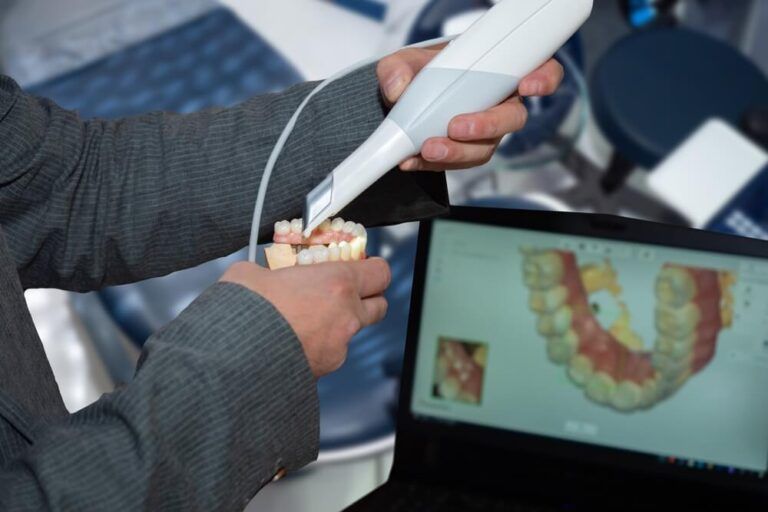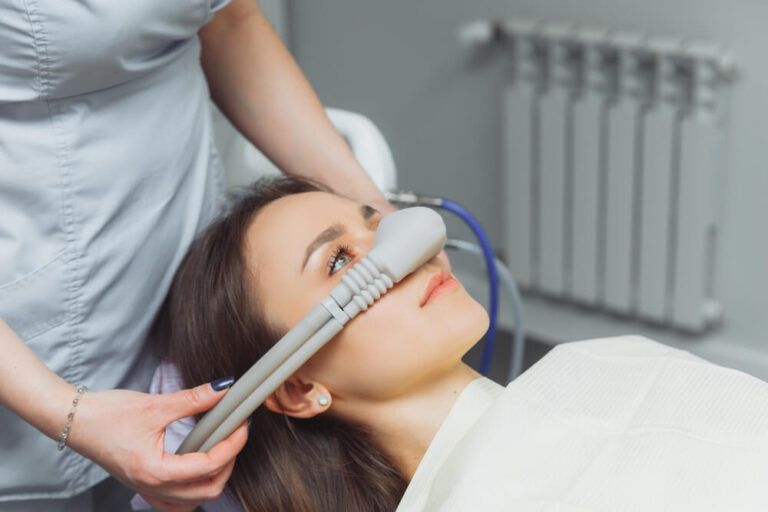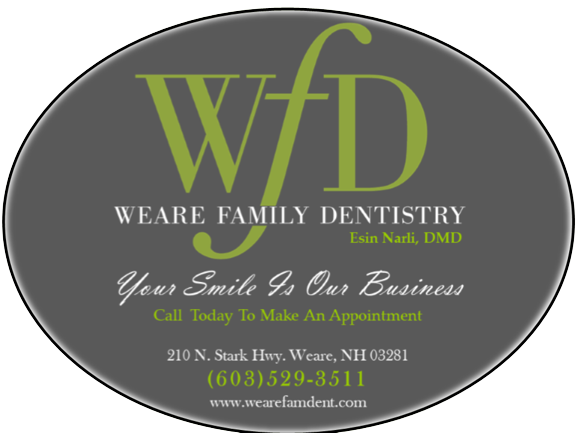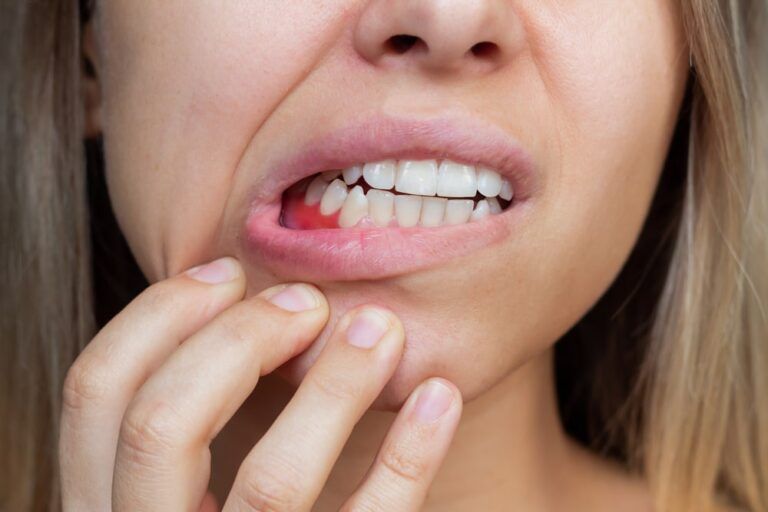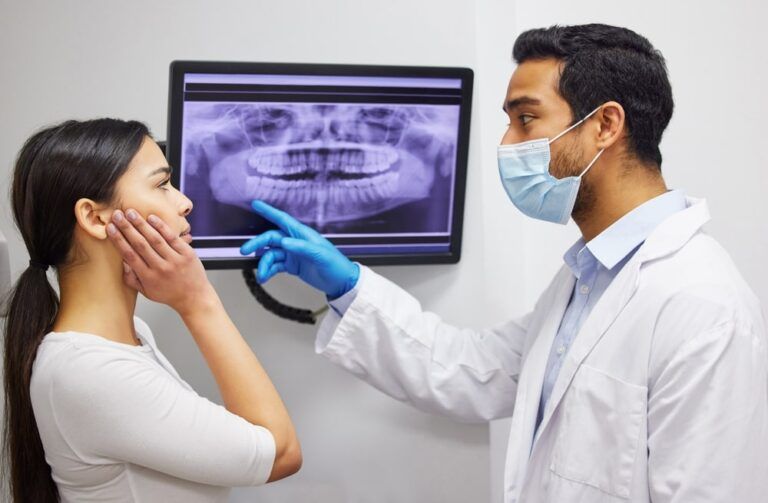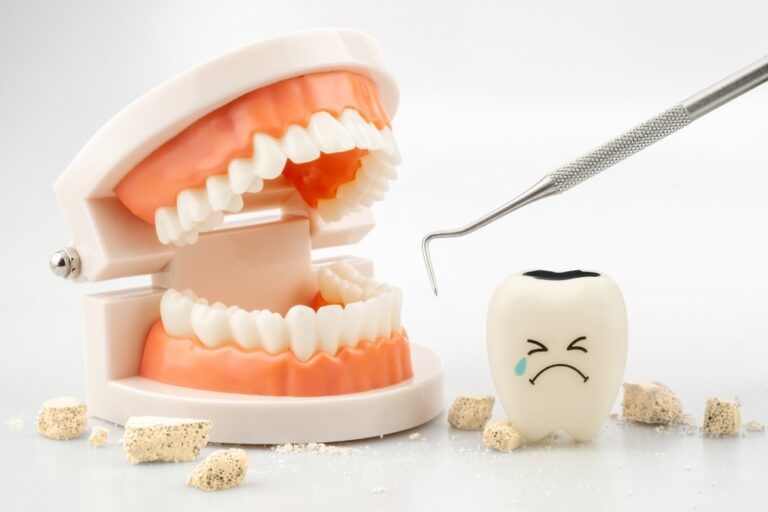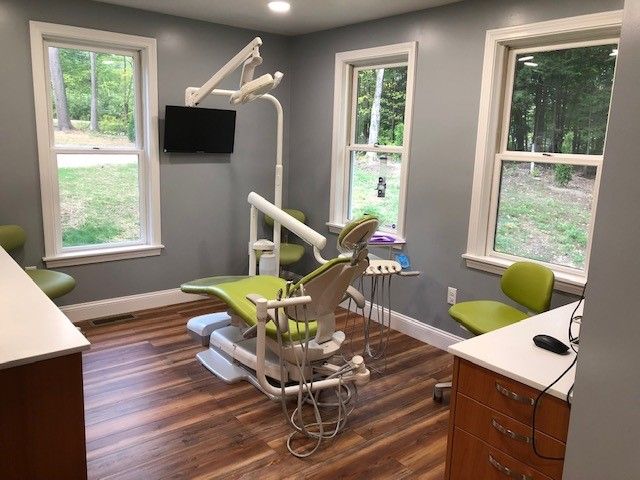In our modern world, medications play a crucial role in managing and improving health, but many come with side effects that impact oral health. From common prescriptions to over-the-counter drugs, various medications can influence everything from saliva production to gum health. At Weare Family Dentistry, Dr. Esin Narli and her team are dedicated to helping patients in Weare, NH, understand how their medications might affect their oral health and what steps they can take to protect their smiles.
Common Oral Health Side Effects of Medications
Medications can affect oral health in different ways, depending on the type of drug and the dosage. Here are some of the most common oral health issues associated with medications:
- Dry Mouth (Xerostomia)
One of the most frequently reported side effects of medications, dry mouth, occurs when drugs reduce saliva production. Saliva plays a crucial role in washing away food particles and bacteria, protecting against tooth decay and gum disease. Without sufficient saliva, patients are at higher risk for cavities, gum irritation, and bad breath. Medications known for causing dry mouth include antihistamines, antidepressants, diuretics, and muscle relaxants. - Gum Overgrowth
Some medications, particularly certain immunosuppressants and calcium channel blockers (used to treat high blood pressure), can cause gingival hyperplasia, or gum overgrowth. This condition results in swollen, enlarged gums that make it difficult to clean teeth properly, increasing the risk of gum disease and tooth decay. - Mouth Sores and Inflammation
Medications such as chemotherapy drugs, nonsteroidal anti-inflammatory drugs (NSAIDs), and certain antibiotics can lead to mouth sores or inflammation, causing discomfort and sometimes difficulty eating. Patients experiencing these symptoms should contact Dr. Narli for advice on how to manage pain and maintain oral hygiene while taking these medications. - Changes in Taste (Dysgeusia)
Some drugs, including certain antibiotics, blood pressure medications, and antidepressants, can alter the taste sensation, leading to a persistent metallic or bitter taste. Although not directly harmful, taste changes can discourage individuals from eating properly, which may indirectly impact oral health. - Tooth Discoloration
Some antibiotics, especially tetracycline, are known to cause tooth discoloration if taken during tooth development. Even adults may experience discoloration with long-term use of certain medications. Discoloration is often cosmetic, but it can affect confidence, and whitening treatments may help.
Medications That Commonly Affect Oral Health
Certain categories of medications are more likely to cause oral health issues than others. Understanding these categories can help patients stay aware of potential side effects.
- Antihistamines
Often used to treat allergies, antihistamines are known for causing dry mouth, as they reduce saliva production. Commonly available over the counter, these medications can lead to increased plaque buildup, tooth decay, and gum disease if dry mouth isn’t managed effectively. - Blood Pressure Medications
Drugs such as beta-blockers and calcium channel blockers are essential for heart health but can cause gum overgrowth and dry mouth. Patients using these medications should work with Dr. Narli to establish a specialized care routine to protect their gums and teeth. - Antidepressants and Antipsychotics
Antidepressants and antipsychotic medications often have a pronounced effect on saliva production, leading to dry mouth. Additionally, these drugs can sometimes cause clenching or grinding, which may wear down teeth over time. - Chemotherapy Drugs
Chemotherapy medications can cause a wide range of oral issues, including mouth sores, dry mouth, changes in taste, and increased susceptibility to infections. Patients undergoing chemotherapy should follow Dr. Narli’s recommendations for gentle, targeted oral care to minimize discomfort and prevent infections. - Oral Contraceptives and Hormone Replacement Therapy
Hormonal medications, including birth control pills and hormone replacement therapies, may affect gum health, increasing the likelihood of inflammation and sensitivity. Hormonal changes can make gums more reactive to plaque, increasing the risk of gum disease.
Managing Dry Mouth: A Key Step in Medication-Related Oral Care
For patients experiencing dry mouth due to medication, there are effective ways to manage this condition and protect oral health:
- Stay Hydrated
Drinking water throughout the day helps keep the mouth moist and washes away food particles. Chewing sugar-free gum or sucking on sugar-free lozenges can also stimulate saliva production. - Use Special Oral Care Products
Products designed specifically for dry mouth, such as hydrating rinses or toothpaste, help maintain moisture in the mouth. Dr. Narli can recommend products that work well for dry mouth and are gentle on sensitive gums. - Avoid Caffeine, Alcohol, and Tobacco
These substances can contribute to dry mouth, exacerbating the side effects of certain medications. Minimizing their intake can help keep the mouth better hydrated. - Consult with Your Dentist
Regular dental visits with Dr. Narli allow her to monitor your oral health, provide professional cleanings, and address any emerging issues. Discussing all medications you’re taking helps her tailor your care to your specific needs.
Oral Care Tips for Patients on Medication
For patients whose medications impact oral health, following a few specialized care tips can help maintain a healthy mouth:
- Brush and Floss Regularly
Brushing twice daily with fluoride toothpaste and flossing once a day are essential for preventing plaque buildup, especially when medications contribute to dry mouth or gum sensitivity. - Use a Soft-Bristle Toothbrush
Medications that cause gum inflammation may lead to sensitivity. Using a soft-bristle toothbrush and brushing gently can prevent further irritation and protect your gums. - Consider Fluoride Treatments
Fluoride treatments can help strengthen enamel, making teeth more resilient to decay in patients experiencing dry mouth. Dr. Narli offers fluoride treatments tailored to each patient’s needs, particularly for those on medication that increases decay risk. - Talk to Your Doctor About Alternatives
If a medication is causing significant oral health issues, discussing alternatives with your primary care physician or specialist might help. They may be able to recommend a different medication with fewer oral side effects or adjust the dosage.
Recognizing Signs of Medication-Related Oral Health Issues
Being aware of early signs of oral health issues can help you address them promptly:
- Persistent Dry Mouth: Beyond the typical feeling of thirst, persistent dry mouth affects eating, speaking, and general comfort.
- Gum Bleeding or Swelling: Medications that cause gum sensitivity can lead to bleeding or swollen gums, which can escalate to periodontal disease without intervention.
- Unusual Mouth Sores or Discoloration: Any sudden changes in the appearance of your gums or teeth should be discussed with Dr. Narli, as they may indicate a reaction to medication.
Working with Your Dentist for a Healthier Mouth
At Weare Family Dentistry, Dr. Esin Narli emphasizes the importance of open communication about all medications you’re taking. This transparency enables her to offer preventive solutions and suggest tailored care approaches that mitigate side effects. Regular visits allow Dr. Narli to monitor your oral health closely, detect any emerging problems, and offer treatments that counteract the effects of medications.
Medications don’t have to compromise your oral health. With the right strategies, a proactive approach, and support from Dr. Narli and her team, patients can enjoy the benefits of both effective medication management and a healthy smile. At Weare Family Dentistry, we are committed to helping you maintain strong, healthy teeth and gums, regardless of your medication regimen.
Sources:
- Sreebny, L. M., & Schwartz, S. S. (1997). A reference guide to drugs and dry mouth–revisited. Oral Surgery, Oral Medicine, Oral Pathology, Oral Radiology, and Endodontology.
- Little, J. W., & Falace, D. A. (2008). Dental Management of the Medically Compromised Patient. Elsevier Health Sciences.
- Regezi, J. A., Sciubba, J. J., & Jordan, R. C. (2016). Oral Pathology: Clinical Pathologic Correlations. Elsevier Health Sciences.




